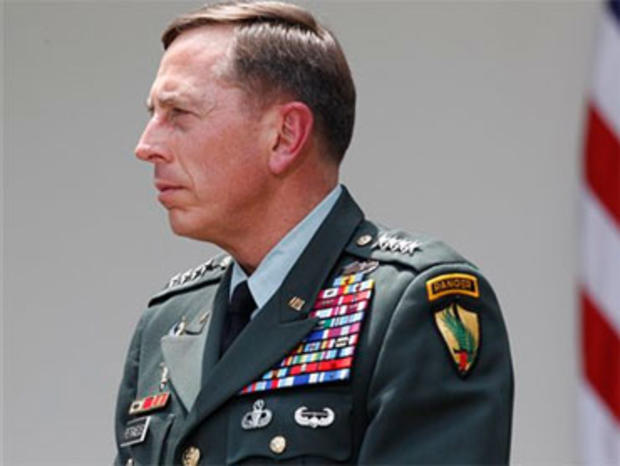July 2011 Deadline for Afghanistan Troop Withdrawal: Politics Over Policy?
When President Obama announced late last year he was deploying 30,000 additional troops to Afghanistan, he said the troop surge would "allow us to begin the transfer of our forces out of Afghanistan in July of 2011."
But it's become increasingly clear that the July 2011 deadline is more about politics than policy.
That's true for a few reasons. First off, the president said from the beginning that July 2011 was only when forces would begin to be brought home - which means he could conceivably bring back just a few thousand troops and still technically meet the deadline.
But more importantly, the White House and military have made clear the deadline can simply be changed depending on conditions on the ground. Adm. Mike Mullen, the chairman of the Joint Chiefs, said Thursday that if the strategy doesn't look like it's working at the end of the year, the military may recommend that the timeline be altered.
Defense Secretary Robert Gates, meanwhile, stressed that the drawdown plan is "conditions-based," and said while General David Petraeus agrees with the president's overall strategy, "when he gets on the ground, he will assess the situation for himself."
"And at some point, he will make recommendations to the president," Gates said. "And that's what any military commander should do. And the president will welcome those recommendations. But at the end of the day, the president will decide whether changes are to be made in the strategy."
Mr. Obama, for his part, maintained today that the current plan still stands - but he made clear that there would not be a mass exodus of U.S. forces from Afghanistan.
"We didn't say we'd be switching off the lights and closing the door behind us," the president said. "We said we'd begin a transition phase that would allow the Afghan government to take more and more responsibility."
That's a very different message than the one heard from Vice President Joe Biden, who has been quoted as saying, "In July of 2011, you're going to see a whole lot of people moving out. Bet on it."
There are, of course, political considerations at play - while Republicans like Sens. Lindsey Graham and John McCain have expressed concerns about setting a deadline, liberals (including House Democrats who hold the purse strings for war funding) are increasingly unwilling to continue pouring money into a conflict without a clear and defined endpoint.
"We cannot tell the enemy when you are leaving in warfare and expect your strategy to be able to prevail," McCain argues. "That's just a fundamental of warfare."
The vagueness of the message coming out of the White House - we have a deadline, only we don't have a deadline, we'll be withdrawing lots of troops, only we might not - is meant to try to placate both sides of the debate as the battle continues.
Members of the military stress that they are on board with a strategy they helped craft, and say there are benefits to a deadline - it conveys a sense of urgency for Afghan leaders to take greater responsibility, as Petraeus argues. But they also don't want to be boxed in: "In a perfect world," Petraeus said last week, "...we have to be very careful with timelines."
What appears most likely to happen in July 2011 is a drawdown of some and perhaps all of the 30,000 troops that were part of the surge - political pressure from the left may simply be too significant for the White House not to make at least some concessions to their deadline.
But with the counterinsurgency strategy that the president is adamantly standing by not showing significant dividends - Gates said today the fight is "slower and harder than we anticipated" - a significant troop withdrawal next July looks relatively unlikely.
